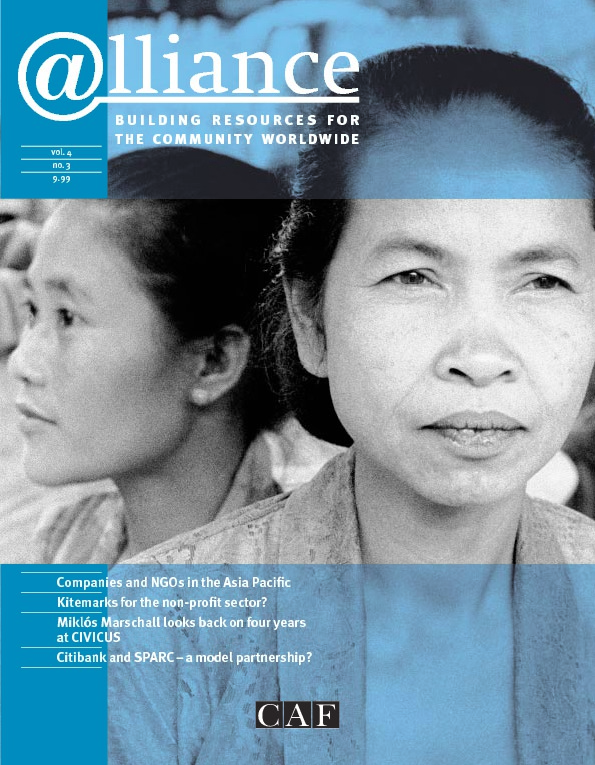There are dangers in reviewing a book written by one who at least hitherto has been a friend, for to be good reading reviews come down on one side or the other. What I can say by way of delay is that Brian’s choice of John Gardner to write the Foreword is brilliant for it is worthy of publication as a stand-alone. Take this one about the mood of the United States today: ‘The arena of national politics is dispiriting. Pit bull partisanship. The sleight-of-hand of the image manipulators. Politicians walking the tightrope over an angry electorate.’
Civil Society: The underpinnings of American democracy is a didactic book. Brian’s ‘letter to the world’ is that of a practitioner turned academic and at time reads like a thesis trying to win marks from the tutor. On one page alone I counted the names of ten people and nine organizations each given in full. After a few pages of names, titles and quotes it is difficult to retain the flow.
Better editing would have produced a better book and also a better index. The latter has no Madison, no Burke despite appropriate references in the book itself. And, by the way, surely Burke’s The Little Platoons was a reference to England not France, albeit in Reflections on the Revolution in France?
More importantly, would not an editor have raised fundamental questions on which the book is largely silent like: how much was the bloodymindedness of successive waves of independent immigrants fleeing from oppression into the wider spaces of the continent responsible for the creation of stand-alone associations? And how much of the mix came from (say) Italy? Italians have a unique form of civil society based on not taking much notice of government! Or from France, which coined the words civil society but whose approach to it stems from suspicion of associations. By the by, it was Voltaire writing of Big Battalions some years before that triggered Burke’s Little Platoons (now who is trying to impress his tutor!).
And what was the effect of the Civil War when half America decided slavery in the other half wasn’t exactly civil society? There is no reference to Lincoln at all. And what was the effect of American intervention in the two Great Wars in Europe, and in Vietnam and Somalia? Will Americans continue to renew their own civil society through acts of global altruism?
Knowing how very amusing Brian can be, some of his humour added to the very readable chapters based on personal experiences would have added spice to the mix.
The book starts by defining civil society using a multi-layered diagram designed to prove civil society isn’t just the space between what governments can’t or don’t do and what business isn’t interested in; it then traces its origins (in the US), describes the threats to it and draws lessons to help preserve it. It is logical and interesting.
As a ‘textbook’ for the many Americans concerned with the huge US non-profit sector it should be required reading. For us outside the US it is an accurate reflection of the way Americans ponder on the defining characteristic of their great country – surely the greatest democracy of all time. If it’s in trouble, then we all are. Brian thinks it is in trouble but that it will pull through. His argument is based on the secure underpinnings which he identifies.
Civil Society: The underpinnings of American democracy
Brian O’Connell (Foreword by John W Gardner)
University Press of New England $14.95



Comments (0)